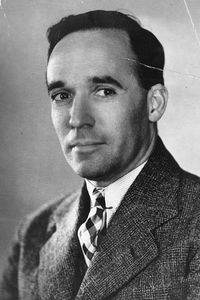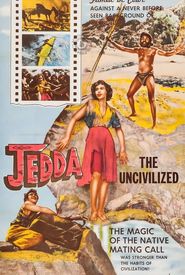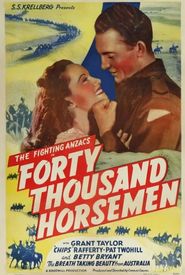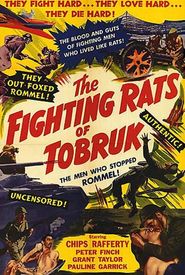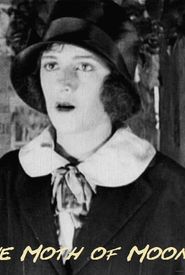Charles Chauvel was born in Queensland, Australia in 1897 to landowners in the south. After his father's departure to fight with the Australian Light Horse in Sinai, Chauvel remained on the family farm, minding it until his father's return. Despite his father's wishes, Chauvel decided to pursue a career in drama, moving to Sydney to study the craft. He worked in the film industry, initially focusing on horse care, before following his idol Rex "Snowy" Baker to America. In the United States, Chauvel found odd jobs and landed minor roles in several movies.
Chauvel eventually returned to Australia, where he began working on his first feature film, "The Moth of Moonbi", in 1926. His subsequent film, "Greenhide", starred Elsie Sylvaney, whom he married in June 1927. After the birth of their daughter Suzanne, the Chauvels embarked on a journey across the Pacific, visiting Pitcairn Island and Tahiti, with the goal of producing the film "In the Wake of the Bounty" in 1933. This film launched the career of Errol Flynn.
In 1934, Chauvel began working on "Heritage", an historical epic tracing 150 years of Australian history, in response to an offer from the Australian Government for the best Australian-made film. After its release in 1935, "Heritage" went on to win the prize. Chauvel's next film, "Uncivilized", was met with disappointment, leading him and his wife Elsa to travel to Hollywood to refine their filmmaking skills.
The couple returned to Australia, where they produced the war film "40,000 Horsemen" in 1940. This film, an account of the Australian Light Horse, was a worldwide success and served as a tribute to the "dauntless riders and their gallant horses". Chauvel and Elsa continued to produce war documentaries, including "Soldiers Without Uniforms", "The Power to Win", "While There is Still Time", "A Mountain Goes to Sea", and "Russia Aflame" in 1942.
Chauvel's next feature film, "The Rats of Tobruk", was a drama set in north-east Libya, where Australian soldiers were fighting against Rommel's forces. To achieve a realistic effect, live ammunition was used during filming. The film was met with acclaim from soldiers, who praised its accuracy in portraying their experiences.
The Chauvels' next film, "The Rugged O'Riordans", was a story based on the lives of the O'Reilly family, pioneers in Australia. The film follows three generations of the O'Riordan family from the 1890s. "Sons of Matthew" was produced under difficult conditions, including constant rain, but still managed to turn a profit after a publicity campaign in Britain and the United States.
In the late 1950s, Chauvel decided to produce a film in the Northern Territory, drawing inspiration from a reconnaissance trip that provided several fascinating stories. The story of an Aboriginal woman, Jedda, was formed, and the film "Jedda the Uncivilized" (1955) became the first colour feature film made in Australia. The story follows Jedda, an Aboriginal woman fostered by white parents, who is promised in marriage to Joe, a part-Aboriginal man who works on their station.
Marbuck, an Aboriginal man from another tribe, kidnaps Jedda and is eventually condemned by his own tribe, leading to the tragic deaths of the two characters. Over the next few years, Charles and Elsa travelled around Australia, producing a series of documentaries for the BBC before Charles' sudden death from a heart attack in 1959.
